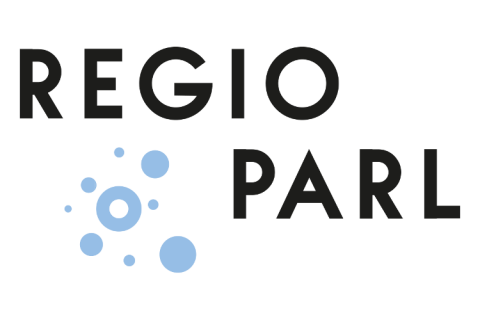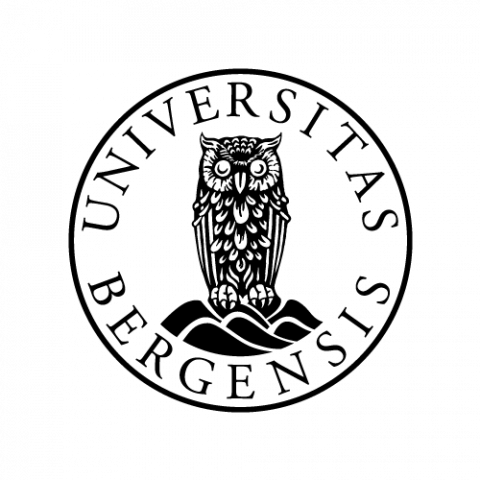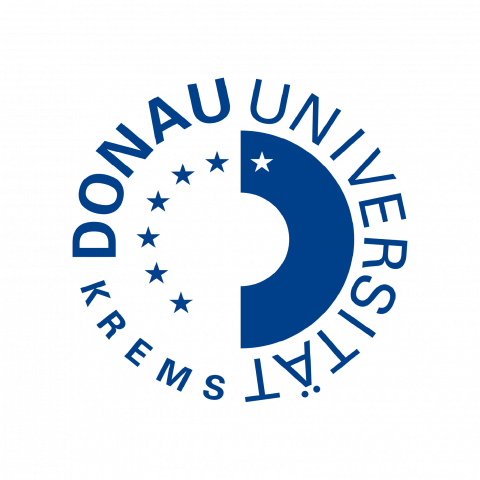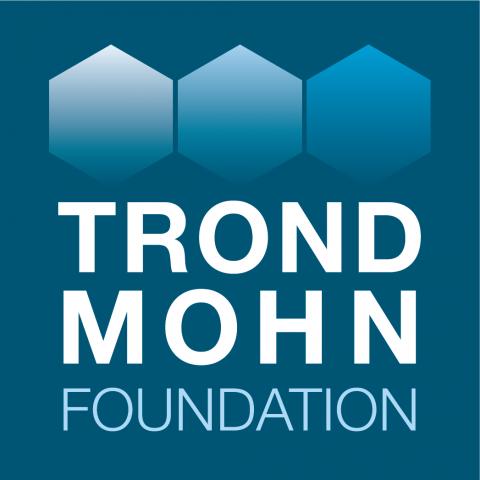Mission
The European Regional Democracy Map (ERDM) is a hub for data and information on the structures and political dynamics of regional democracy in Europe. It allows both researchers and non-experts to explore the diversity of regional political institutions, the dynamics of regional involvement in EU affairs, as well as most recent election results and governing coalitions across the continent.
ABOUT THE ERDM
Since the end of the second World War, European state building has been characterised by a trend of regionalisation. On average, regions came to acquire more competences, for example over taxation or in the implementation of laws. Regarding political representation, democratically elected regional assemblies were created or expanded to new regional tiers. In parallel to this rise of regional authority and deepening of regional democracy, the process of European integration has lasting effects on regional politics and institutions across the EU. The emergence of the EU as a political system with multiple levels of governing led to a multiplication of avenues for regions to engage in European politics, via transnational networks, national arenas, or directly in Brussels.
Crucially, none of these developments applies to all regions equally. Europe’s regions are very diverse regarding their constitutional standing, the structure of their democratic institutions, and their role and engagement in EU affairs. The ERDM makes this diversity visible. It allows both researchers and non-experts to explore and compare a wide array of basic information and most recent data on regional democracy in Europe and the EU. Based on original data sets, the ERDM presents this information along the lines of five major groups of variables:
- Regional election results
- Regional electoral system
- Regional governments
- Regional involvement in EU affairs
Regional election results — A first set of variables focuses on the political dynamics of regional democracy. Basic information includes the size of the electorate, voter turnout, or the number of competing electoral lists at the most recent election. But the ERDM also features up-to-date regional election results, including the vote share and parliamentary seat share of governing and opposition parties, and the electoral performance according to European party groups respectively.
Regional electoral systems — Another group of variables regards the institutional structure of regional democracy. Here, the user can compare the types of electoral systems used, explore the function of different electoral tiers, or check the legal electoral threshold in the different regions.
Regional governments — The third set of variables focuses on regional governments. It regards the institutional relation between parliament and executive, basic information such as the name of the head of the regional executive, and more specific information, for example, on the possibility for members of the executive to also be members of the regional assembly (monism).
Regional Authority Index (RAI) — The Regional Authority Index (RAI) is a seminal tool conceptualizing and measuring the authority in self rule and shared rule exercised by regional governments in European countries and beyond. The dataset encompasses subnational government levels with an average population of 150,000 or more. Regional authority is measured along ten dimensions, with five capturing self-rule (institutional depth, policy scope, fiscal autonomy, borrowing autonomy, and representation) and five capturing shared rule (law making, executive control, fiscal control, borrowing control, and constitutional reform).
Regional involvement in EU affairs — The final group of variables is dedicated to the ever more important dimension of EU politics for regions of EU member states. Again, the user finds basic information as well as more specific and original data. Variables state if a region has a minister for EU affairs, whether the region delegates a representative to the European Committee of the Regions, and who these persons are respectively. If a regional parliament has the right to participate in the EU’s Early Warning Mechanism on subsidiarity control, then the ERDM describes how this involvement has been institutionalised and indicates the number of official opinions reported in this context. On the more specific side of things, regional involvement in EU affairs can be explored along the lines of the regions’ ability to shape EU policy domestically, presenting a complex score of Domestic EU policy shaping (DEUPS) as developed by Michaël Tatham (2017).
EXPLORE THE ERDM
The design of the ERDM makes it easy to explore and compare data, find specific information, or get an overview of a particular region. The integration of three main features makes the ERDM an easy to use, yet powerful tool for various users.
Map — At the heart of the ERDM is an interactive online map, accurately showing the borders of Europe’s nation states and regions. The map can be manoeuvred freely: continuous zoom and pop-up information on hovering over the different regions make it easy to navigate and explore the ERDM. A core feature of the map is its sophisticated framework to compare regions and variables directly on the map. Via prominent buttons in the respective drop-down menus of the variables and regions, the user can toggle two different compare modes. The first visualises two variables on the map, providing the user with a combined view of, for example, the size of the electorate and voter turnout. Data visualisations are dynamic and adjust according to the form and the complexity of the variables in question, while the user can also choose from different styles of visualisation for a range of variables. The second compare mode allows the user to focus on two regions and go through detailed comparisons of all variables that are available for them.
Regional profiles — Every region included in the ERDM has its own profile with a detailed overview of all information and data available for that region. The regional profile is available under the map once a region is selected, making it easy to jump between navigating the map and focussing on specific regions. Sorted according to the four main sets of information of the ERDM, the regional profiles feature a variety of visualisations that allow the user to grasp significant data points quickly and intuitively. With the option to print-to-PDF individual profiles or extracts of the map, visualisations can be easily used for presentation and research purposes.
Research area — The ERDM is based on data that has been complied by rigorous standards of social scientific research. A reliable source for information on regional democracy in Europe, the ERDM makes all its sources and codebooks transparent and gives detailed accounts of data collection and processing. A dedicated research section on the website allows users to go deeper into the different aspects of the empirical research behind the ERDM. These include descriptions of all variables and their operationalisation, a comprehensive account of the data collection efforts handled by different research teams, and information about underlying academic literature. Links to original publications and further academic research invite users to explore the many pertinent questions relating to the role and future of regional democracy in Europe.
Team

Dr. Sarah Meyer co-founded the ERDM with Arjan Schakel. She was leading REGIOPARL and was a research associate at Danube-University Krems before the conclusion of the project in December 2022. Sarah previously worked on EU policy affairs at the Austrian Federal Chancellery and in several research projects at the universities of Vienna, Innsbruck, and Amsterdam. She received a doctorate from the University of Vienna and completed a post-graduate program on European integration at the Institute for Advanced Studies in Vienna. Sarah's current research focus comprises the role of regional parliaments in the EU, the politicisation of European integration, and the EU future debate.

Dr. Arjan Schakel, co-founder of the ERDM, is principal Investigator of the project Strengthening Regional Democracy: Contributing to Good Democratic Governance and head of the Centre on Regional Democratic Governance (CREDGOV). As a research professor at the University of Bergen, his interests span the topics of federalism, territorial politics, methodology, regional government, regional elections, multilevel governance, and regionalist parties. Previously, Arjan was an Assistant Professor at Maastricht University. He received his PhD at the VU University Amsterdam.

Paul Kindermann was a research associate at REGIOPARL. He is currently a PhD student at the LSE European Institute, where his doctoral research theorises the potential of participatory and deliberative innovations (such as Citizen Assemblies) in European democracy and the EU in particular. His project combines qualitative methods (elite interviews, group discussions) and democratic theory to assess the role of (direct) citizen engagement in the EU multilevel system. Paul is interested in both normative and positive political theory. His broader research interests in political sociology include the transformation of political participation and EU politics. He holds an MA in Political Theory and an MA in Philosophy from Goethe University Frankfurt as well a as BA in Philosophy and Political Science from the University of Hamburg.

Mario Wolf was a research associate at REGIOPARL. He studied political sciences and political economy at the University of Heidelberg as well as the University of Granada. Meanwhile, he worked at the German University of Administration Sciences Speyer. His research interests lie in empirical opinion research and European Politics. At REGIOPARL, he studied the europeanization process of regional parliaments.

Alexander Verdoes is working as a PhD candidate on the Strengthening Regional Democracy - Contributing to Good Democratic Governance project. His research focuses on regional elections, regional electoral systems, and legislative-executive relations at the regional level. Additionally, Alexander is interested in the creation and development of institutions and organisations. He holds a BA in Political Science from Leiden University and a Research MA in Political Science and Public Administration from Leiden University. Before he started his PhD, Alexander worked as a lecturer at the Institute of Public Administration at Leiden University and as a researcher at the Institute of Political Science at Leiden University.
Partner organisations
The European Regional Democracy Map is a cooperation between REGIOPARL (Regional Parliaments Lab) and the Centre on Regional Democratic Governance (CREDGOV).

REGIOPARL (Regional Parliaments Lab) is a multi-annual research project focussing on the role of regional parliaments in the EU multi-level system from a comparative perspective. Its research aims to contribute to a better understanding of the potentials and limits of the role of regions in European democracy. With science-to-public projects and engagement with political stakeholders, REGIOPARL also seeks to contribute to the ongoing debate on the future of the EU. REGIOPARL is hosted at Danube University Krems and funded by Forum Morgen.

The Centre on Regional Democratic Governance (CREDGOV) is a research centre that conducts cutting-edge research on regional democracy and actively engages with policy-makers to improve regional democracy. The centre maintains the Observatory on Regional Democracy which is a web portal for anyone who is interested in political, social, and economic data at the regional level. CREDGOV is hosted at the Department of Comparative Politics at the University of Bergen. Funding is provided by a Starting Grant from the Trond Mohn Foundation and the University of Bergen.

At Danube University Krems, the Department for European Policy and the Study of Democracy hosts the REGIOPARL project in Austria. A public university for postgraduate education, it is one of the leading providers of further education courses in Europe. Danube University stands for life-long learning and application-oriented research.
Funders

REGIOPARL is funded by the Forum Morgen foundation, which is owned by the state of Lower Austria.

The Trond Mohn Foundation funds the CREDGOV research project with a Starting Grant.
Contact
Mail: info@europeanregionaldemocracy.eu
Universitry for Continuing Education Krems
Department for European Policy and the Study of Democracy
Dr.-Karl-Dorrek-Straße 30
3500 Krems, Austria
Centre on Regional Democratic Governance (CREDGOV)
University of Bergen
Department of Comparative Politics
Box 7800
5020 Bergen, Norway